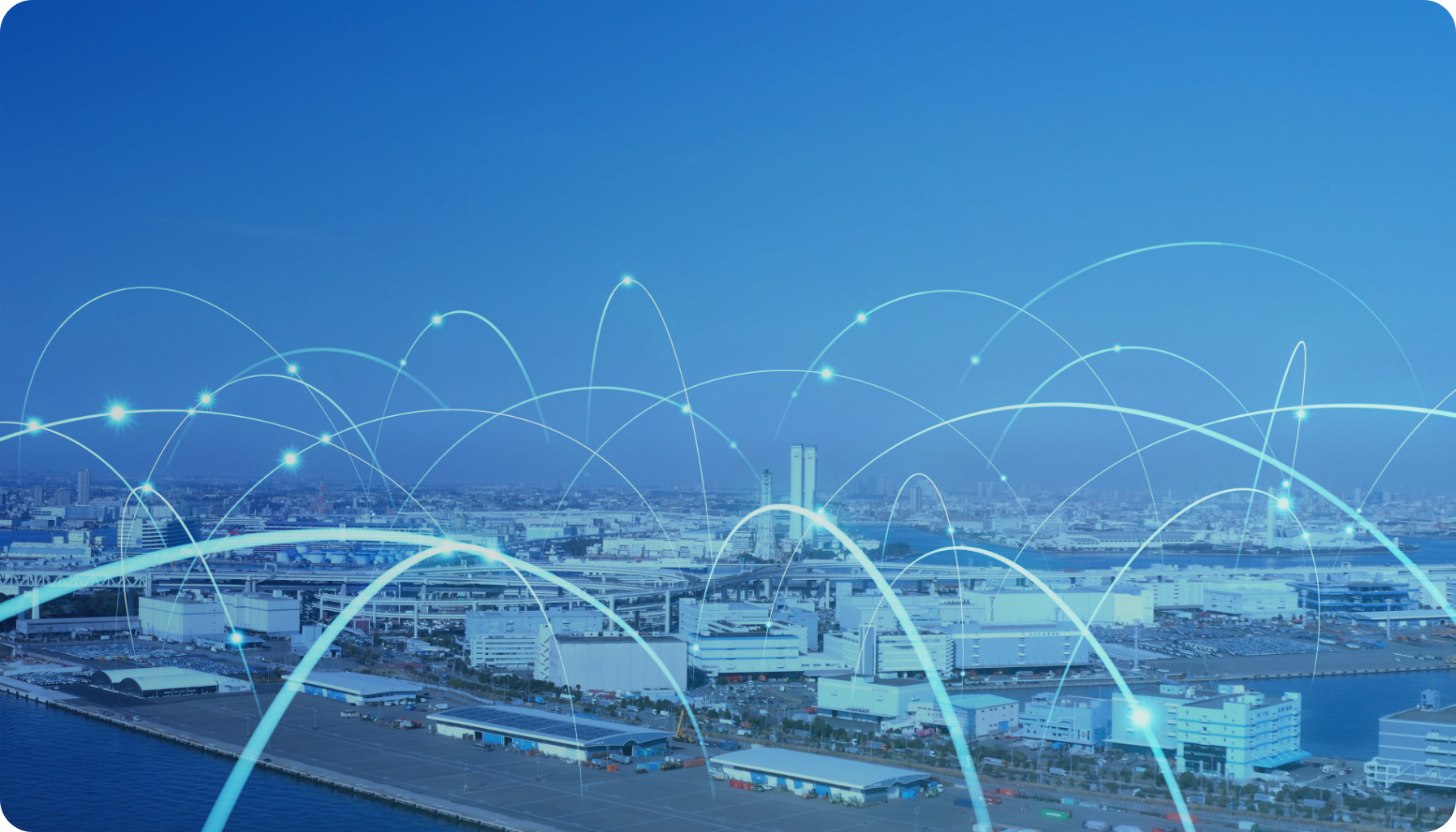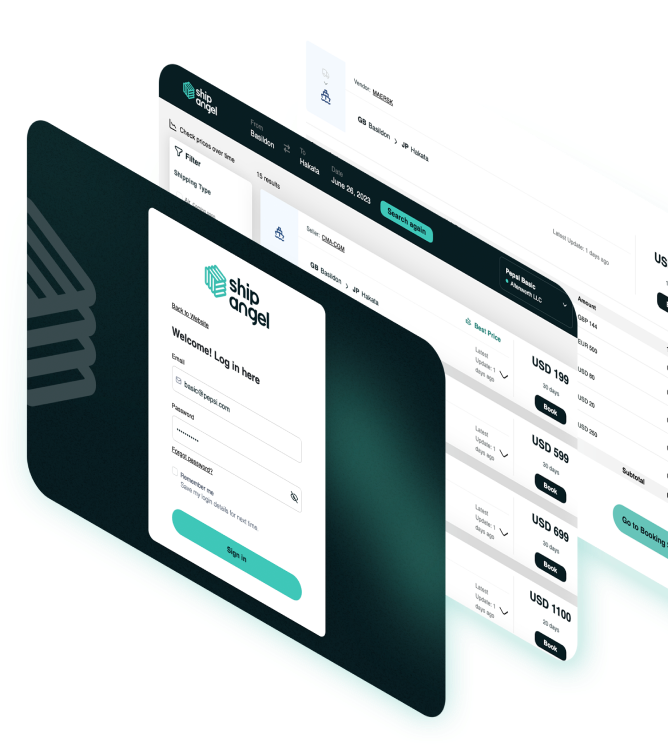
Transforming Supply Chains with AI
Artificial intelligence (AI) has become a transformative force within supply chains by driving innovation and efficiency, which, in turn, gives supply chains a competitive advantage and positions them for long-term success in the digital age.
A McKinsey study found that early adopters of AI-enabled supply chain management have reduced logistics costs by 15%, improved inventory levels by 35%, and enhanced service levels by 65%.
AI is considered an umbrella term. IBM defines it as "technology that enables computers and machines to simulate human learning, comprehension, problem-solving, decision-making, creativity, and autonomy."
Within AI is machine learning, which is "the use and development of computer systems that are able to learn and adapt without following explicit instructions, by using algorithms and statistical models to analyze and draw inferences from patterns in data," according to Oxford Languages.
Within machine learning, an algorithm is the programming that tells the computer how to learn to operate independently.
There are different types of AI, machine learning, and algorithms, and yes, it can all get muddled for the average reader. But, suffice it to say, that AI is truly a remarkable technology when used successfully. It can optimize various aspects of supply chain operations, which leads to increased efficiency, cost reduction, and improved decision-making.
Post-pandemic supply chains are focused on containing costs while adapting to an increasingly risky environment. A recent Forbes Advisor survey found that 64% of businesses believe that AI will help increase their overall productivity.
Optimizing Logistics Through AI
Indeed, one of AI's most notable advantages is its ability to optimize transportation routes and logistics. By analyzing vast amounts of data on factors such as traffic conditions, weather patterns, and shipping costs, AI algorithms can identify the most efficient and cost-effective routes for transporting goods. This can lead to reduced transportation times, lower fuel consumption, and decreased environmental impact.

AI can also optimize rates by monitoring market conditions and demand fluctuations to adjust rates in real time. It can also compare a business' rates to industry benchmarks, identifying opportunities for improvement.
Proactive Disruption Management with AI
AI can also help businesses anticipate disruptions in the supply chain, such as natural disasters, supplier shortages, or unexpected demand fluctuations. By analyzing historical data and identifying patterns, AI can provide early warnings of potential issues, allowing companies to take proactive measures to mitigate their impact. This can help to ensure a more reliable and resilient supply chain, minimizing disruptions to operations and customer satisfaction.
Customer service can also benefit from AI by providing real-time visibility into order status and shipment tracking. Additionally, AI-powered chatbots can handle routine customer service tasks, allowing human agents to focus on more complex issues. This can lead to faster response times, reduced wait times, and improved customer experiences.
Challenges & Future of AI in Supply Chains
While AI has many benefits, it is only as good as the information in its database. Businesses need reliable data for AI to use in order to receive effective support from the tool. Furthermore, stakeholders need ways to verify that outputs are accurate and shared with the proper parties to prevent fraud and security issues.
In addition, AI comes at a cost. Existing systems were not designed with AI in mind, and adapting or changing them will require significant investment. That's not even accounting for AI itself, whose cost will depend on the level of intelligence desired and the processing power it will require.
The future of supply chains is inextricably linked to AI. Businesses that fail to embrace AI risk falling behind their competitors. Businesses harnessing its power will be better positioned to adapt to changing market conditions, reduce costs, and deliver exceptional customer experiences. In the years to come, AI will undoubtedly play a central role in shaping the future of supply chains, driving transformation, and ensuring long-term success.
About Ship Angel
Ship Angel is a cutting-edge rate management platform for BCO shippers, offering innovative solutions in rate management, amendment guard, invoice auditing, and sustainability reporting. Powered by AI, Ship Angel helps shippers manage rates efficiently, ensure contract accuracy, and optimize cost savings. With a commitment to transparency, Ship Angel works across industries to help companies avoid costly disruptions and stay ahead in a rapidly evolving global trade environment.
Want to Adopt AI in your Supply Chain?
 Graham Parker
Graham Parker
 September 5, 2024
September 5, 2024

